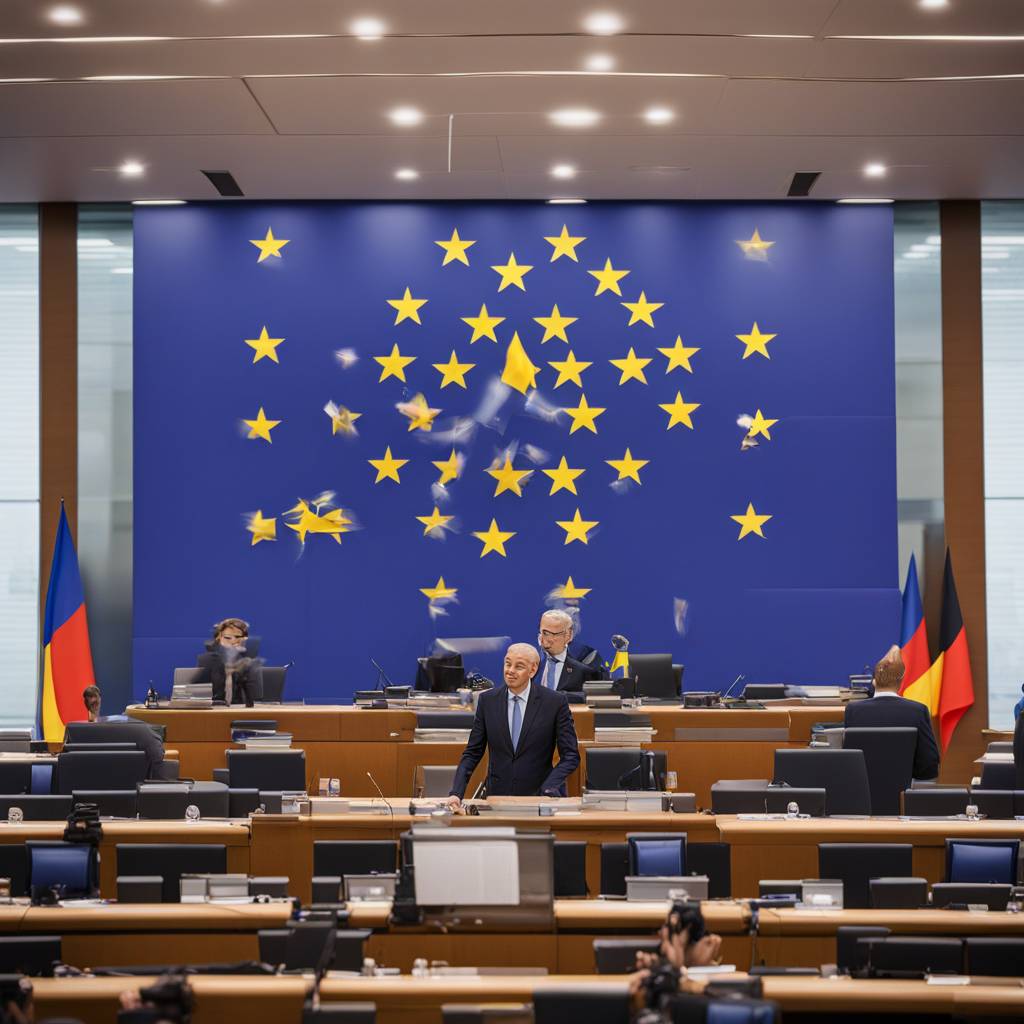European Union lawmakers have approved a major revamp of the bloc’s migration laws in hopes of ending years of division over managing the entry of unauthorized individuals and depriving the far right of a campaign issue. The Pact on Migration and Asylum addresses the responsibility for migrants upon arrival and whether other EU countries should be obligated to assist. The 27 member countries must now endorse the reforms before they take effect, with a possible vote in late April.
The reform package was hailed as a major success and a long-awaited achievement after more than 10 years in the making. The new regulations aim to strike a balance between solidarity and responsibility in managing the arrival of migrants to Europe. German Interior Minister Nancy Faeser described the outcome as overcoming a deep division in Europe and spreading the responsibility for refugees across multiple countries, ensuring protection for those fleeing war, terror, torture, and murder.
The plan was developed in response to a significant influx of refugees in 2015, which overwhelmed the EU’s asylum system and created political crises across Europe. While the new regulations aim to address these challenges, not all lawmakers are fully satisfied with the outcome. Some have criticized the pact for failing to address the issues it was intended to solve and undermining the individual right to seek asylum in Europe by relying on processing migrants abroad.
Controversial measures in the reform package include taking facial images and fingerprints from children as young as 6 and allowing for detention during screening. Fast-track deportation could be used for those not permitted to stay, while countries can be obligated to house asylum-seekers or cover the costs of their accommodation. Migrant and human rights groups have criticized the pact for leaving cracks in Europe’s approach to asylum and migration, while mainstream political parties are looking to address migration concerns ahead of June elections.
While the reforms were seen as a step in the right direction by mainstream parties in addressing migration issues that are likely to be a key campaign issue, far-right parties have critiqued the pact. The debate over migrants in Europe often focuses on a small minority who arrive on unseaworthy boats or cross borders on foot, while millions legally enter the EU each year. The key challenge lies in whether member countries will implement these regulations fully and whether the European Commission will enforce the rules despite past reluctance to do so amid political crises.













